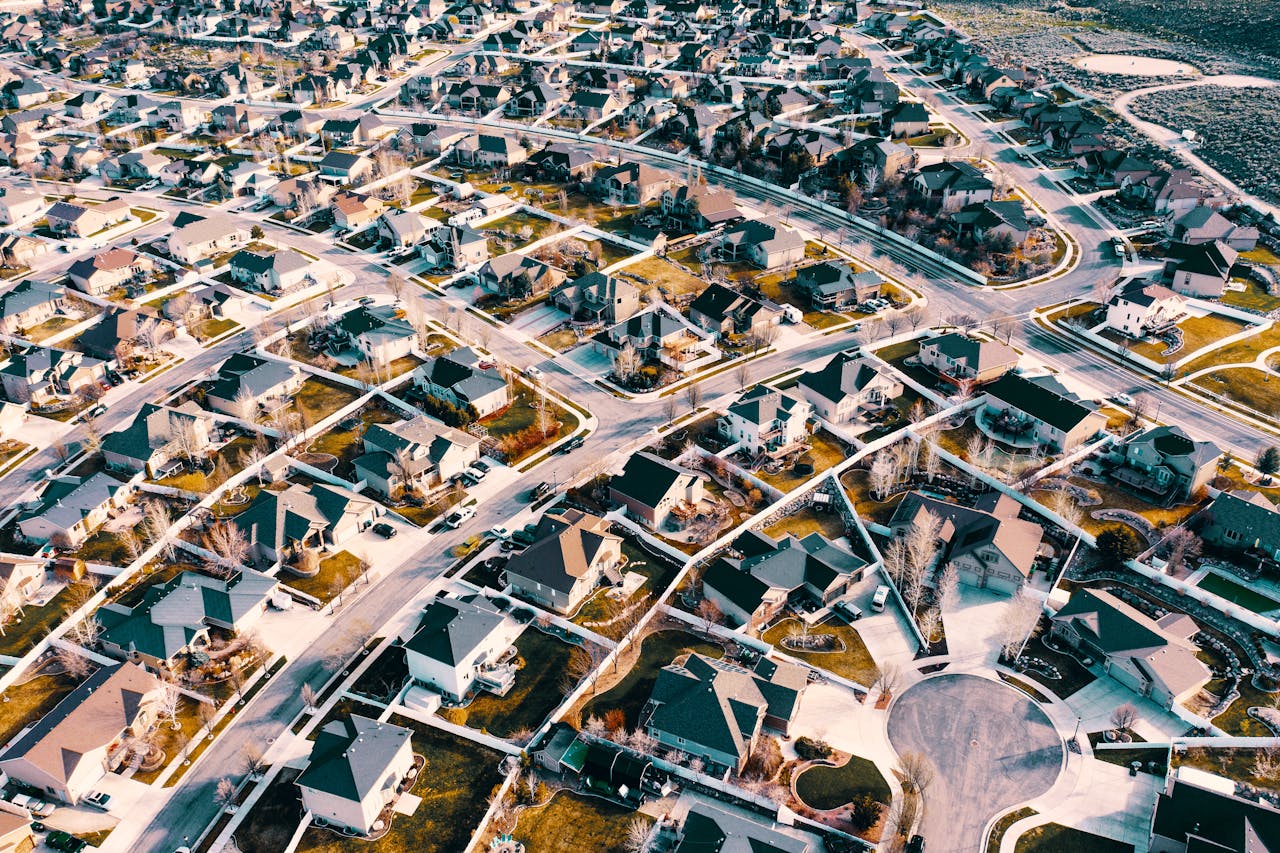
July 21, 2025
The housing discrimination and environmental pollution cases involve complaints from Black communities and other communities of color.
The Trump administration’s Department of Housing and Urban Development (HUD) is reportedly preparing to close several housing discrimination and environmental pollution cases, including some that have been under investigation for years and involve complaints from Black communities and other communities of color.
According to ProPublica, the allegations suggest that state and local governments in regions from the South to the Midwest may have disproportionately placed industrial facilities or low-income housing in minority neighborhoods, while steering similar developments away from predominantly white areas.
Furthermore, a HUD staffer familiar with these investigations told the outlet that in at least four of the seven investigations, they believe that civil rights violations have occurred.
Four additional HUD staffers told ProPublica that there is no precedent for abandoning civil rights investigations wherein it has been established that there have likely been civil rights violations visited on vulnerable populations. The staffers all spoke to the outlet anonymously out of fear of retaliation from the Trump administration.
According to one staffer, “No administration previously has so aggressively rolled back the basic protections that help people who are being harmed in their community. The civil rights protections that HUD enforces are intended to protect the most vulnerable people in society.”
One of the cases involves the relocation of a General Iron facility to neighborhoods on the South and West Sides of Chicago, areas with significant populations of Black residents and other people of color. The move raised concerns about increased air pollution in those communities, while reducing such impacts in more affluent, predominantly white areas of the city.
As a result, HUD investigated the facility and determined that a binding agreement for Chicago to change its zoning and land use policies was necessary, but the Chicago City Council has not yet taken any action on Mayor Brandon Johnson’s “environmental justice” ordinance.
HUD raised another Chicago issue, this one revolved around City Council members vetoing the construction of affordable housing units in their wards, which HUD noted was “instrumental in creating Chicago’s patterns of segregation,” in a letter they sent to the City Council.
HUD continued, noting that the councilmembers’ use of their aldermanic prerogative veto power “disproportionately harms Black and Hispanic households who are far more likely than white households to need and qualify for affordable housing.”
Although HUD seemed close to an agreement on housing like the one it reached regarding the plant, no such agreement was reached, and as Patricia Fron, the executive director of the Chicago Area Fair Housing Alliance, told The Chicago Sun Times, HUD’s decision to abandon its civil rights investigations has no appropriate grounds.
“We condemn this decision by HUD and it flies in the face of decades of civil rights law, regulation and legal precedent,” Fron said. “This is a gut punch to every individual who has been directly harmed by the loss of affordable housing units due to discriminatory decision making. There are no material grounds for which HUD can dismiss this case.”
RELATED CONTENT: HUD Charges Homeowners’ Association In Providence Village, Texas, With Race And Color Discrimination

